Drink healthy: ferments to kick off the new year
The benefits of probiotics might still be open to question, but you may find that some kefirs and kombuchas will add new kick and flavour to your repertoire

If you’re kicking off the new year with a resolution to drink more healthily, fermented drinks such as kefir and kombucha may be on your radar. But are they as good for your gut as they’re made out to be?
For those not familiar with them, kombucha is fermented tea, while kefir is a fermented drink that can be made from milk or water, and in both cases they’re kicked off by a starter culture that is rich in probiotic bacteria, which are held by some to promote a healthy digestive and immune system.
Naturally, producers are advocates, but not everyone buys into the science, including the high priest of fermentation theory, Sandor Katz, author of the recently published Fermentation as Metaphor. “I don’t regard any of the answers people arrive at regarding which bacteria are or are not probiotic as the final word,” he writes. “Everything about probiotics is controversial.”
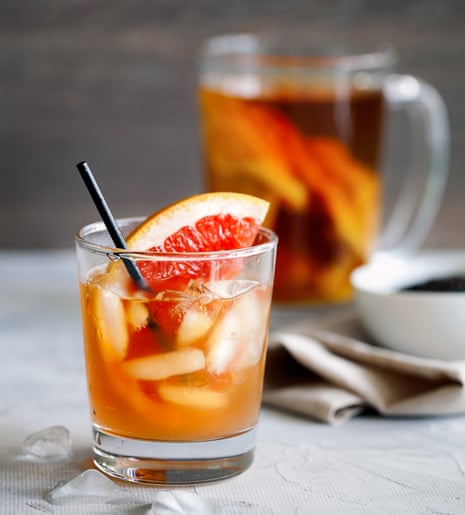
Much like natural wine, unflavoured kombucha is something of an acquired taste, which is why many producers add some kind of extra flavouring or sweetener. Photograph: Darya Arnautova/Getty Images/iStockphoto
It also surely depends on the product. Drinks made by small producers
as Clever Kombucha in Glasgow and Every Good Thing in Bristol must have a more positive health benefit than products that are heavily processed. As Katz says: “In general, the innovations that allow for easier distribution and shelf stability are not those that make foods more nutritious or beneficial.”
The other issue is flavour. Much like natural wine, unflavoured kombucha is something of an acquired taste, so most manufacturers add something extra – not always as “natural” as billed – or artificial sweetener. Kefir, which is more like drinking yoghurt, meanwhile, is more approachable, but can be tart and is often sweetened to compensate.
You can, of course, make your own – really very easily, too, in the case of kefir (all you need is the grains), though it’s slightly trickier for kombucha, which requires constant supervision of a rather slithery disc of a starter called a scoby (symbiotic culture of bacteria and yeast), so if you’ve managed to kill off a number of sourdough starters in your time, that’s probably not one for you.
Most people, however, will opt to get someone else to do the work for them, which may explain why the market is booming. “When we started five years ago, we were the fourth commercial brand in the UK,” says Adam Vanni of Jarr. “Now, there are over 50,.” Buzzwords such as “probiotic”, “raw” and “live” undoubtedly sell, but it’s up to you to decide if they’re worth the premium over conventional soft drinks.
Four kefirs and kombuchas to save you having to make it yourself
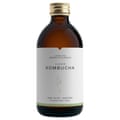
£35 for a case of 12. My favourite flavoured kombucha of all the ones I tried. A subtle hint of lime, and not as salty as the name implies. Delicious.
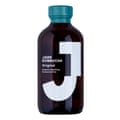
6 bottles for £13.37, drydrinker.com, 0.5%. Although the ginger and passionfruit flavours are cheaper (and currently on offer at Ocado for £1.80 a 240ml bottle), I prefer the tart, refreshing flavour of the original.
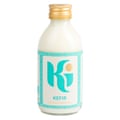
Ki Kefir
£3.99 for 200ml, Natoora. Authentic eastern European-style milk kefir made in East Sussex from organic milk from grass-fed cows. Tastes like homemade.
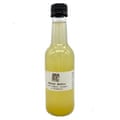
Every Good Thing Lemon, Ginger and Turmeric Water Kefir
from £2.50 for 250ml. Fresh, natural-tasting and lemony and gingery, as you’d expect. A nice touch of turmeric gives it an extra edge.

